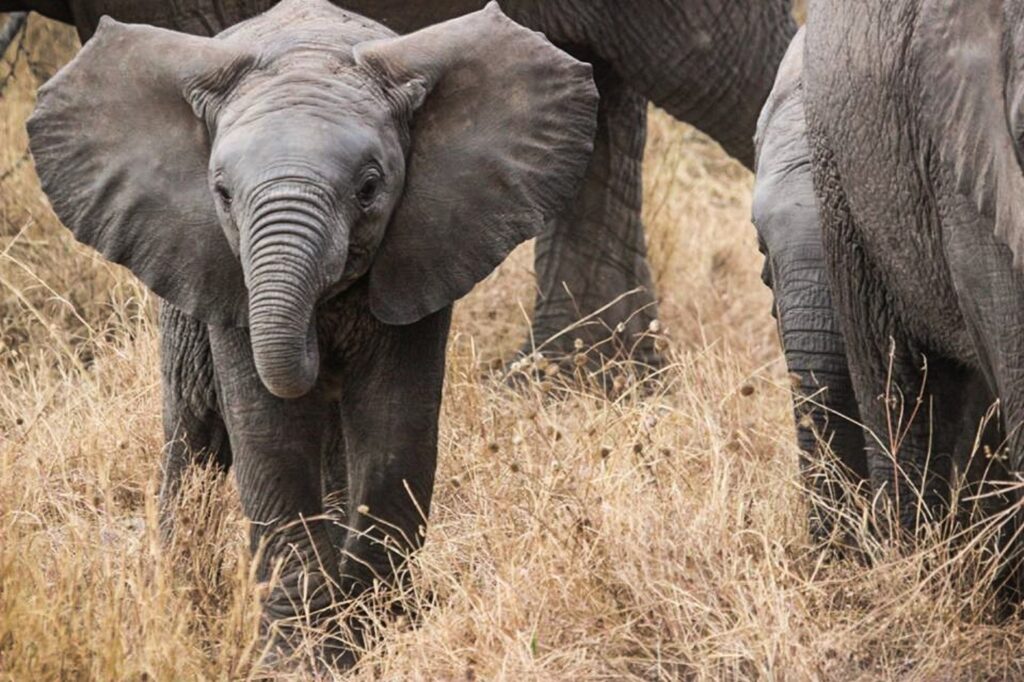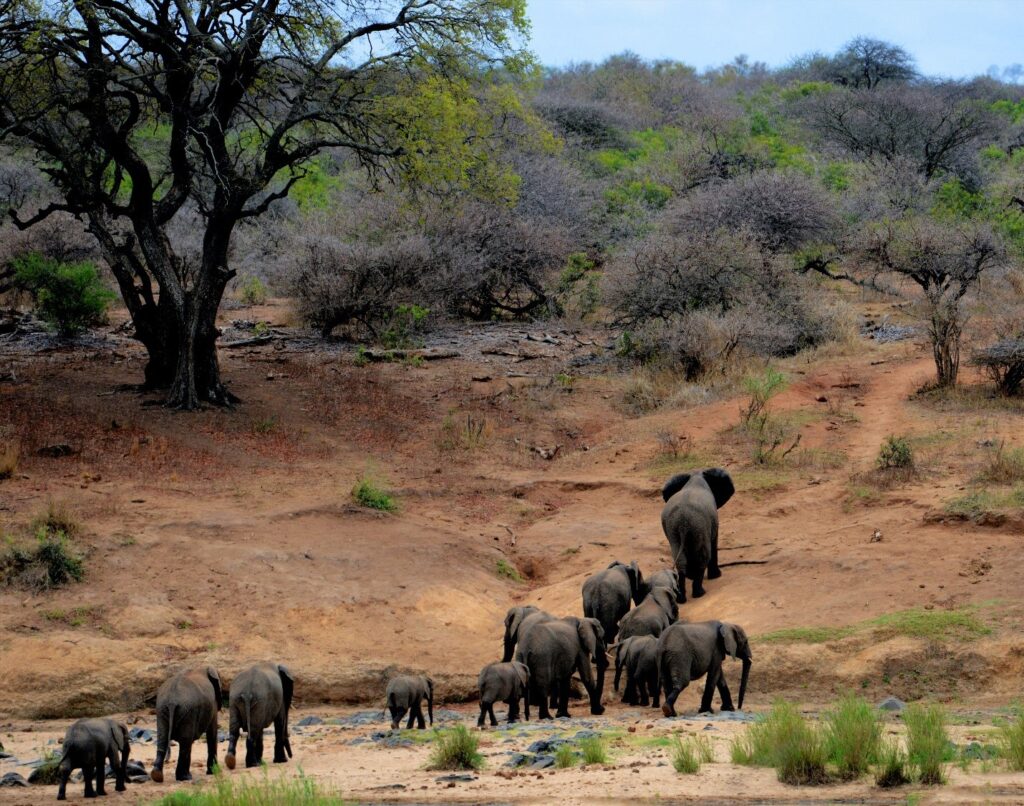Wildlife smuggling continues to cast a looming shadow over the vibrant tapestry of Nigeria’s varied plant and animal life. Within the bounds of this nation’s lush biodiversity lies a treasure trove of species, an assembly found nowhere else in the world’s vast expanse. Yet, the unchecked spread of poaching and unlawful commerce has propelled a multitude of these living wonders to the precipice of annihilation.
As outlined in a report by the Convention on International Trade in Endangered Species (CITES), more precisely in the Elephant Trade Information System for COP17, Nigeria takes up the mantle as the second most prominent purveyor of ivory across West Africa. This nation stands as a key hub in the intricate network of ivory commerce, attracting this prized material from the heartlands of Central Africa and, increasingly, even the farthest corners of East Africa.
A complex tapestry of tactics brings to life Nigeria’s unwavering commitment to preserving its rich biodiversity and combating wildlife traffickers. These intricate approaches not only seek to counteract the urgent threats posed by poaching and illegal trafficking, but also to establish a sustainable future for the country’s unmatched plant and animal life.

One of the principal avenues that Nigeria has embraced revolves around bolstering law enforcement. The Nigerian administration has thrown its weight behind the enhancement of its anti-poaching and anti-trafficking units. By augmenting training, outfitting rangers with cutting-edge technology, and fostering collaboration with international law enforcement agencies, Nigeria strives to elevate its ability to meticulously trace and apprehend those entangled in the unlawful commerce of wildlife.
The importance of education and increased awareness is vital to Nigeria’s ongoing commitment to protecting its immense biodiversity and combating the scourge of wildlife trafficking. This dedication manifests itself through a complex mosaic of tactics. These complicated approaches are not just concerned with addressing the immediate threats posed by poaching and illegal trade, but also with charting a long-term course for the country’s unmatched wildlife and plant life. The protection of habitats is an equally important component in the fight against wildlife trafficking. Nigeria has put in place a patchwork of policies aimed at protecting and revitalising safe havens for endangered animals. This includes activities such as the establishment of protected areas, reforestation campaigns, and partnership with local communities to encourage land use practices that strike a balance between sustainability and minimising conflicts between humans and animals, as well as habitat destruction.

The importance of international cooperation is yet another pillar of Nigeria’s unrelenting determination to protect its enormous biodiversity and combat the harmful practices of wildlife trafficking. Nigeria’s interaction with neighbouring countries and worldwide entities takes the form of a collaborative symphony aimed at exchanging intelligence and harmonising efforts against huge networks of wildlife trafficking that regularly cross borders. Nigeria is better positioned to dismantle these trafficking networks with precision thanks to the synergy of shared data, collaborative enforcement operations, and policy design.
Equally imperative is the reinforcement of legislation and penalties, a linchpin in deterring wildlife traffickers. Nigeria has embarked on a thorough review and refinement of its laws governing the safeguarding of wildlife to ensure their harmonisation with international benchmarks. By enforcing more stringent penalties and crafting a legal framework that addresses the demand and supply aspects of wildlife trafficking, the nation aspires to cultivate an environment that is decidedly unfavourable for the nefarious actors entwined in this clandestine commerce.
The intriguing road of incorporating local populations in livelihoods interlaced with wildlife sustainability is an imaginative avenue that Nigeria is exploring. The availability of alternative forms of income, such as ecotourism, sustainable farming, and artisan crafts, can help to mitigate the financial incentives that entice people to engage in wildlife trafficking.
The vista of technology advances is also a formidable weapon in the fight against wildlife trafficking. Nigeria has expertly used innovative techniques, such as satellite monitoring, DNA analysis, and digital surveillance, to monitor and protect endangered animals. These technical wonders improve the ability to detect and respond to threats in real time, increasing the chances of apprehending those orchestrating trafficking.
Nigeria’s crusade against wildlife trafficking and its endeavours to shield its matchless plant and animal life are woven from a tapestry of all-encompassing strategies. The spectrum ranges from the bolstering of law enforcement and the cultivation of awareness to the preservation of habitats and the harmonisation of international efforts. This nation adopts a multi-faceted stance, a comprehensive manoeuvre designed to grapple with this imminent quandary. By orchestrating these strategies and adeptly pivoting to confront nascent obstacles, Nigeria steadfastly aims to safeguard its intrinsic natural legacy for generations to come and to make a resounding contribution to the global struggle against the machinations of wildlife trafficking.
Sources
- https://guardian.ng/news/why-nigeria-remains-country-of-concern-in-obnoxious-wildlife-trade/
- https://www.premiumtimesng.com/news/headlines/515061-investigation-inside-nigerias-shocking-wildlife-crimes-and-how-culprits-escape-justice.html?tztc=1
- https://dailytrust.com/concerns-as-wildlife-trafficking-continues-in-nigeria/




